Incase you don’t know this about me already, I am deeply passionate about educating people about eating real food and making good food choices. At the same time, I know that there is no one way of eating that works for all people or all bodies. In a world inundated with health claims and diet fads, nutritional dos and don’ts, we are drowning in protocols and manuals, online programs and conflicting opinions, confused about what to believe and which path to follow.
I so get it.
That’s why I wanted to introduce you to a different way of looking at your health & choice making.
When I was in Nutrition school, I had one instructor who repeated this idea to us over and over:
The Dose Makes the Poison.
What if it wasn’t necessarily about whether or not we allow meat in the diet, or dairy, or gluten, or refined sugars, or lectins, or chocolate, or nightshades, or soy, but about how often we allow them and in what quantities, with the caveat that most real foods, in moderation, are not harmful (given there is not an allergy or related health issue). It seems so easy to say that we should just not allow unhealthy foods in the diet if we want to be healthy, but the truth is that this is not a doable reality for most people. For most people, what’s way more doable, is allowing anything they want to eat at any point in time, but educating themselves on being mindful, aware, on being curious and careful about where the food came from, what it’s made of, and how it makes their body/mind/soul feel.
Perhaps it is not what we choose to eat or which diet or protocol to follow, but rather, how much we tip the scales one way or the other.
When I work one-on-one with someone, it is rare that I recommend that they make a drastic change right away. Usually, we start with the easiest change to make – maybe we reduce caffeine intake by half, perhaps we increase water intake by an extra 2 glasses/day, possibly we change bread & packaged food choices to something less processed. It is common for me to ask my client to simply consider how their life would look without a particular food that I feel is detrimental to their health, as a first step towards making change. It is my understanding that when we want to be successful with change, it is best to take it slow, to be aware and mindful, and to consider emotional connections and mindset. And to not struggle with feelings of restriction.
Mostly, I want my clients to feel really good about the health choices they are making and when we discuss the idea of “the dose makes the poison”, is usually resonates. Also, it allows the client to consider the possibility that they may not need to let go of a certain food absolutely, but begin by a small reduction and graduate to a greater reduction. Usually, they begin to feel so much better that when it comes time to consider eliminating something completely, it then becomes a choice they make instead of one that comes from me.
I ran a workshop series recently with a good friend who is a practitioner of Traditional Chinese Medicine. She made a beautiful point when speaking to the idea of balance. Her point was that in TCM, they take into consideration that anything in excess can be detrimental. That a little coffee is ok, but not too much, that a little alcohol can also be ok, but not too much, that quality chocolate can have beautiful health benefits in small amounts, but that too much can tip the scales.
Balance is not about excess. Balance is also not about severe restriction. Balance can include intuitive readings, individual intolerances, digestive specifications, emotions, lifestyle, AND mind frame.
We are a society of excess, braving messages of consumerism and fast food, fashion and beauty.
What if we were more often satisfied with just a little bit?
Consider this idea the next time you reach for that dozen donuts, or sit down with the entire bag of chips. Consider this concept when you go back for seconds at the breakfast buffet, or when pouring a second glass of wine.
A little bit. Not too much.
Eat to feel good.🌱
Feel good about eating.✌🏼

